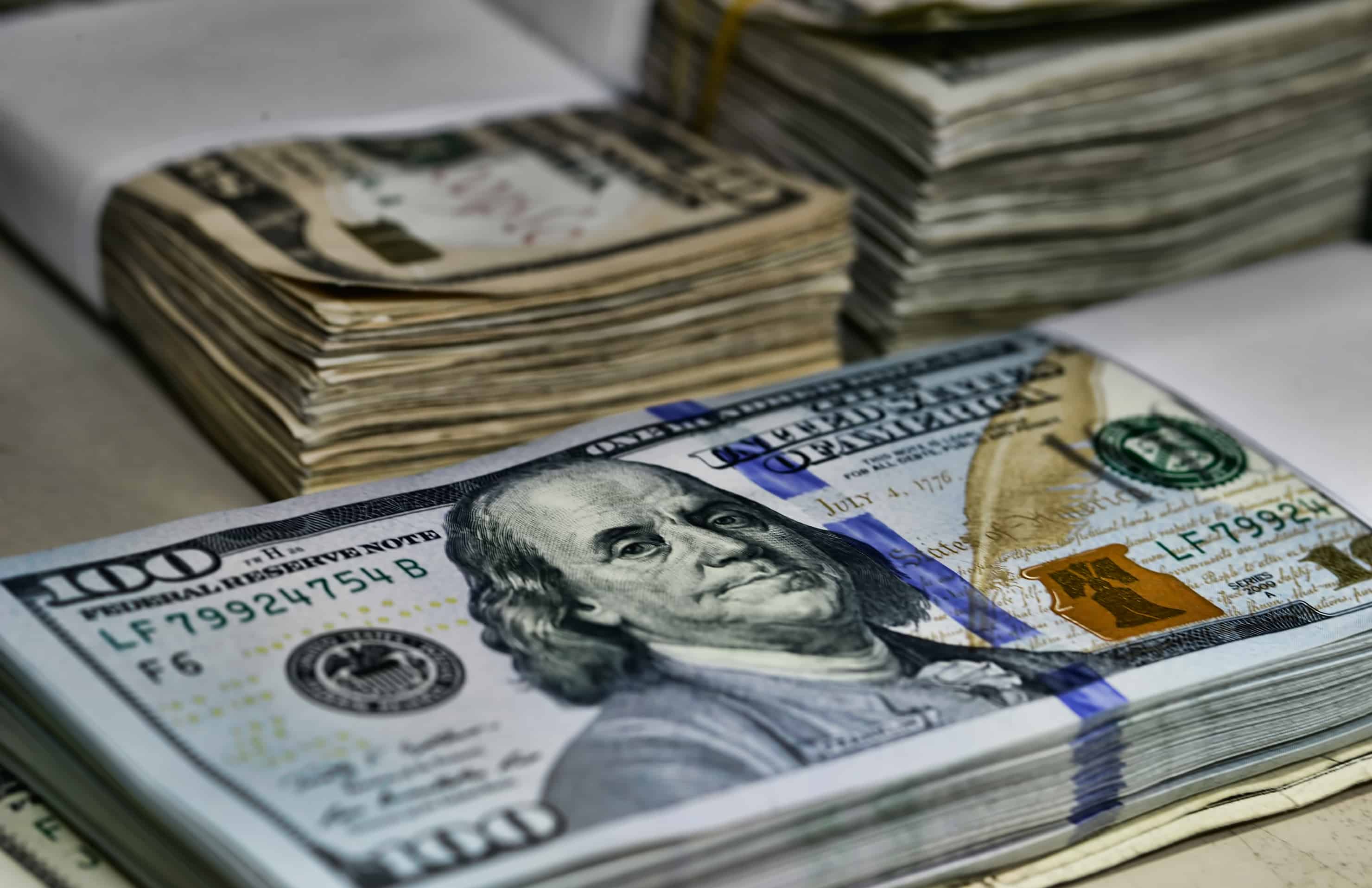El Salvador is marking 20 years since dollarization, a measure that sought stability but has not salvaged an economy that is supported by remittances, without much room for maneuver and that is characterized by high public debt.
María Pacheco, now 70 years old, remembers the momentous day.
“From one day to the next, the bundle of onions went from five colones (equivalent to 57 cents, at the time) to one dollar. We lost 43 cents in rounding” because many businesses chose not to give change in the local currency, she said.
A farmer, María stopped growing corn because laborers raised their daily rate to $5, when they used to charge less than a dollar.
With the promise of macroeconomic stability and avoiding devaluations, the right-wing government of the late former president Francisco Flores (1999-2004) imposed on January 1, 2001 the Monetary Integration Law (LIM), which allowed dollar to circulate at par with the local currency, the colón.
El Salvador, along with Ecuador and Panama, are the only three dollarized countries in Latin America.
How did it work?
The law fixed the exchange rate at 8.75 colones per dollar, but the idea of bimonetarismo was “a trap” because banks began to retain colones. By the end of 2001, only the dollar circulated, recalled the professor of economics from the University of El Salvador (UES), Raúl Moreno.
The former president of the Central Bank Óscar Cabrera explained that when dollarizing, an exchange rate was applied that did not appropriately create a parity in purchasing power.
Someone who earned 875 colones went on to receive $100, when the equivalent of their salary before the measure was over $200, he said. In practice, the population “lost half of its purchasing power overnight,” Moreno said.
No room for maneuver
“Dollarization was an absolutely foolish decision because it created enormous vulnerability for the Salvadoran economy,” Moreno argued.
El Salvador was left “without its own monetary policy” to react to crises, and they are linked to the decisions of the United States Federal Reserve, which is paid to mint the currency.
In 2002, 55.1% of the population said that dollarization had “affected the family economy” and was “the main problem in the country,” said Laura Andrade, director of the Institute of Public Opinion of the Central American University (IUDOP).
The public outcry eventually subsided.
Public debt
With dollarization, the government promised the arrival of abundant investments, more exports and quality jobs that “never came.” The outcome has been “negative,” summarizes university professor Roberto Cañas.
Imports continue to exceed exports, and average annual economic growth has been 2% of GDP. In 2020, a contraction of 8.6% is expected due to the Covid-19 pandemic, according to ECLAC.
The situation is complicated because public debt is around 90% of GDP. And if the indebtedness expected for 2021 is realized, the commitments could reach 104.5% of GDP, according to the latest report from the Salvadoran Foundation for Economic and Social Development Thought Center (Fusades).
“They sold dollarization as the panacea that would cure all the ills of the economy and that rivers of milk and honey would come, and it was the opposite,” lamented Cañas.
The economy remains afloat with income from family remittances, which in 2019 amounted to $5.65 billion, equivalent to 16% of GDP.
Faced with an economy that does not generate jobs, according to Cañas, irregular migration to the United States “remains the option” for thousands of Salvadorans.
In two decades, the “most favored” sectors, according to specialists, were imports and banks, which were able to buy foreign currency abroad at low rates and grant loans locally with high interest rates.
But some say the dollarization decision was positive for El Salvador.
Dollarization “has been very beneficial for the country,” argued Juan Héctor Vidal, former director of the National Association of Private Companies (Anep).
With it, a tradition of “monetary and financial stability” was “rescued” with positive balances generated abroad that “contributed to stabilizing domestic prices.”
Reversing dollarization now, as was an intention of leftist governments between 2009 and 2019, would be “unwise” because it would generate “instability” in the face of international markets, he considered.
When the country was left without monetary policy, according to the former director of Anep, the “temptation” of leaders to “play with the machine and make more money” was removed.






